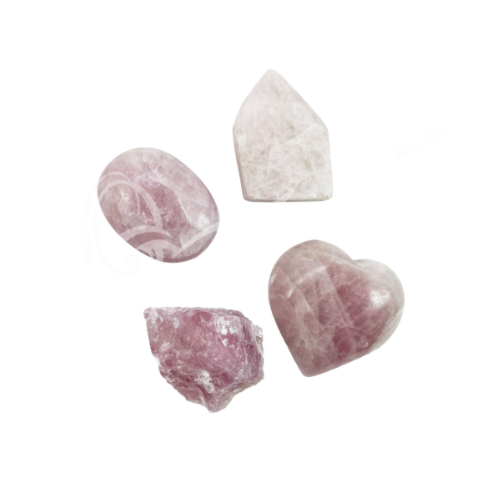Product Description
Fossil in Gift Boxes Assorted
Varieties include Orthoceras, 3D Ammonite, White Ammonites, and Otodus Teeth.
Product Information:
While not technically a gemstone, a fossil is the preserved remains or traces of a once-living organism from a past geologic time period and some gemstone collectors also collect them for aesthetics or metaphysical reasons.
Fossils can include the hard parts of organisms, such as bones, teeth, shells, and wood, as well as soft tissues and tracks or impressions left by organisms. Fossils provide important clues and evidence about the history of life on Earth, including the diversity of organisms, their evolutionary relationships, and the environmental conditions that existed in the past.
Fossils form through a process called fossilization. Typically, when an organism dies, its remains are subjected to various natural processes that can lead to their preservation. The most common type of fossilization is known as permineralization, where minerals gradually replace the organic material of the organism, preserving its structure. Other forms of fossilization include compression, where the organism is flattened and preserved in sedimentary rocks, and molds and casts, where the original organism dissolves, leaving behind an impression or a replica of its shape.
Fossils can be found in various types of rocks, such as sedimentary rocks, where the layers of sediment preserve the remains of organisms over time. They can also be found in other types of rocks, such as volcanic ash or amber, which provide exceptional preservation of delicate organisms or even their DNA.
The study of fossils, called paleontology, helps scientists understand the history of life on Earth, the evolution of different species, and how past environments have changed over time. Fossils provide valuable insights into the Earth's geological history and the processes that have shaped the planet and its inhabitants over millions of years.







